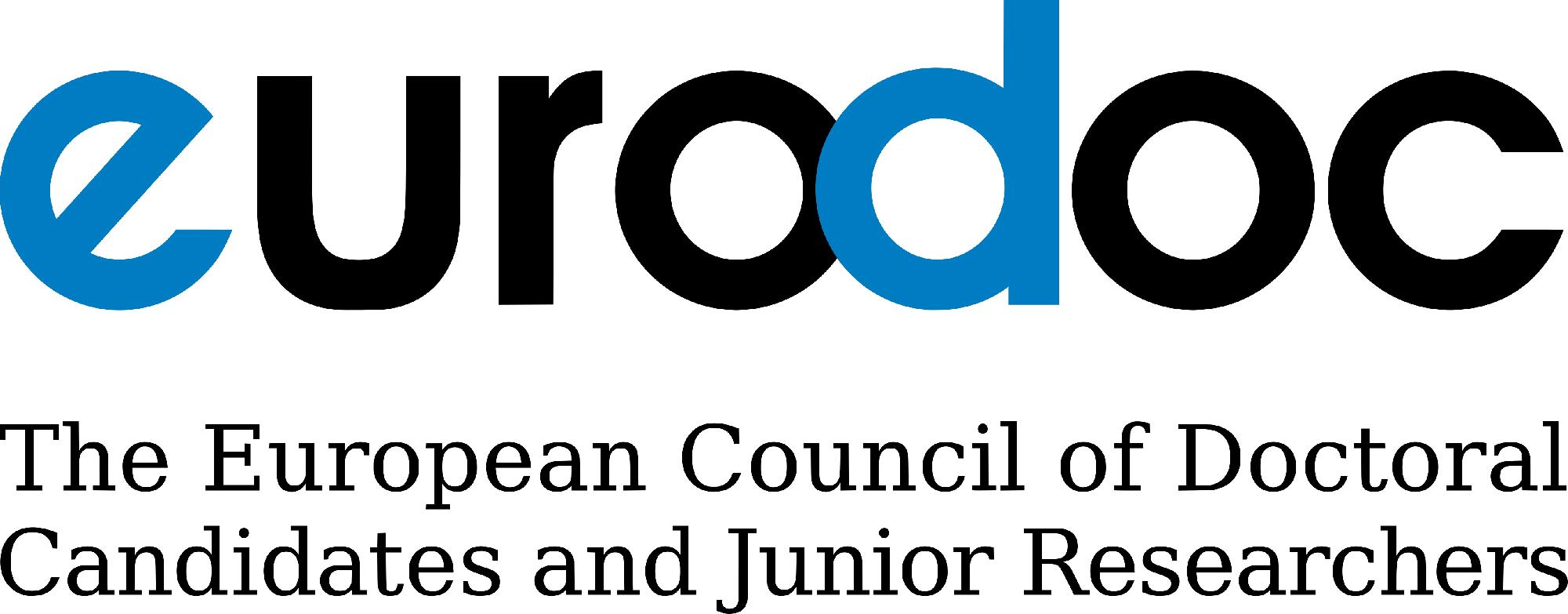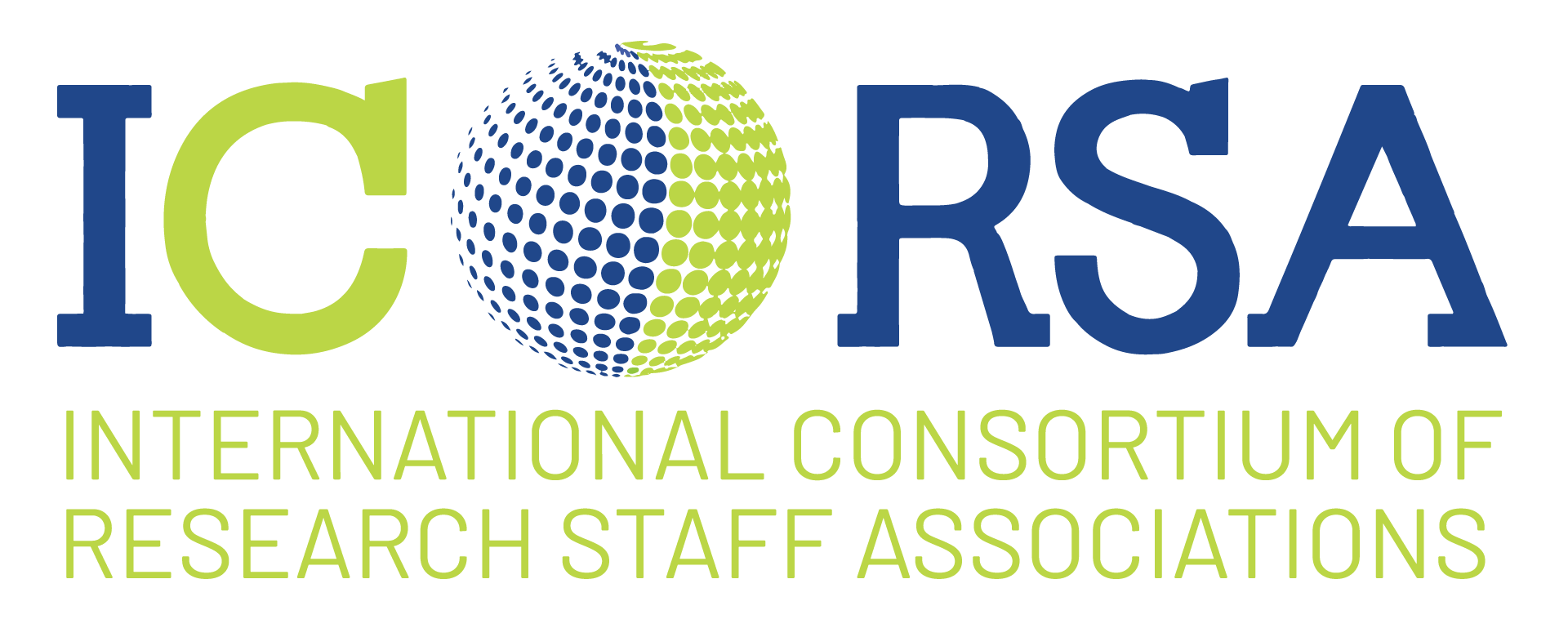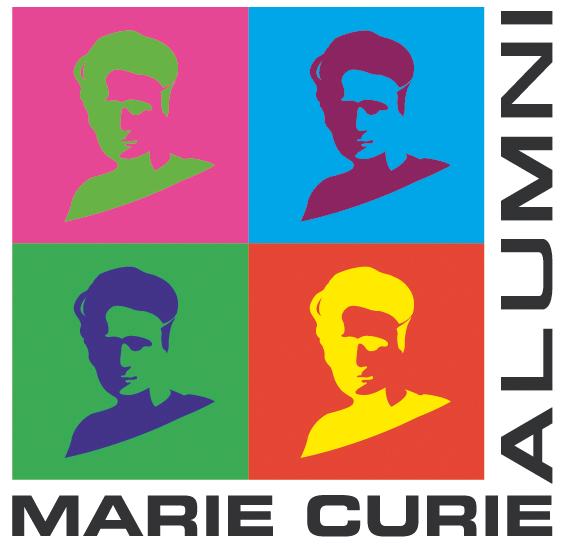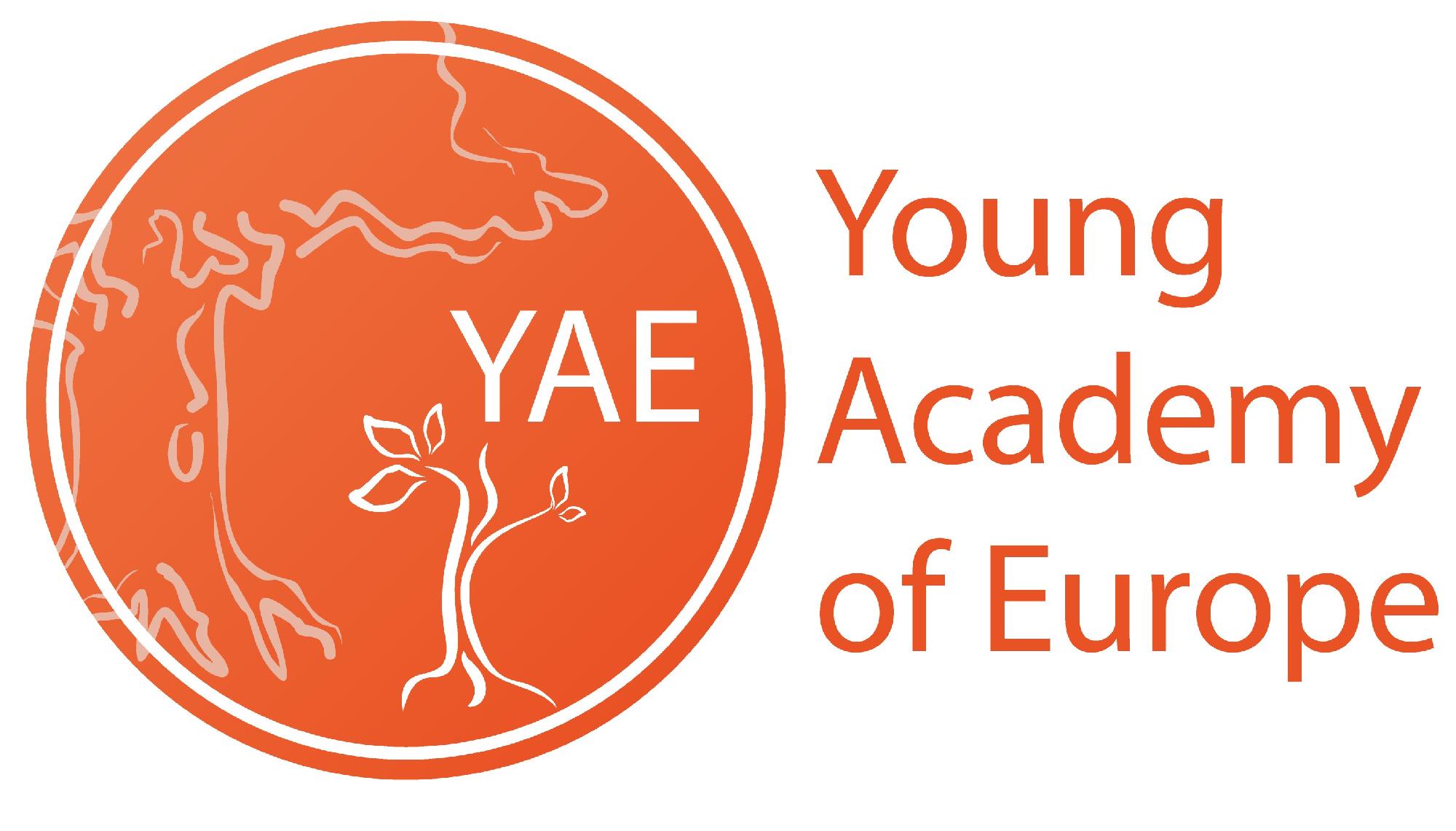Programme / Engaging Researchers and Researcher Associations in Science Advice, Diplomacy and Science for Peace
‹ back to Programme listerDay
Tuesday / 19 NOV
14:00 - 15:30
In an increasingly interconnected and complex world, the importance of science diplomacy and science for peace has exponentially increased in the last decades. As producers of knowledge and innovation, researchers, Higher Education Institutions (HEIs), Research Conducting Institutions (RCIs), and researcher associations thus play a specific role in addressing global challenges, in fostering international cooperation, and in the promotion of peaceful coexistence beyond the core work of education and research. By engaging with policymakers, participating in advisory committees, and contributing to national science agendas, researchers can ensure that scientific perspectives are integrated into policy decisions.
Accordingly, the role and meaning of science diplomacy in its different forms (particularly science in diplomacy, diplomacy for science, science for diplomacy) has been evolving and changing. At the same time, associations and institutions have begun to work towards frameworks that provide guidance and clarity on the work expected, as well as on the role, responsibilities, and limitations of actors engaging in science diplomacy (e.g. most recently CAESAR position paper June 2024, the EU commission initiated a process to draft such a framework). The EU Science Diplomacy Alliance also proposed specific priorities for Europe on Science Diplomacy in the recently published policy paper.
This type of consolidation of the understanding of science diplomacy is necessary amongst others for two key reasons: For one, it necessitates additional skills, knowledge, and competencies that go beyond the core work of researchers and lecturers in higher education institutions. For another, in the current environment of increased scrutiny of the role of research and higher education in society and the politicization of research discourses, clarity and transparency can serve to protect but also foster trust in researchers as well as Higher Education Institutions and Research Conducting Institutions.
This panel will explore the ways in which researchers and research associations can effectively engage in science diplomacy and science for peace at both national and international levels. Through input by panelists, the presentation of case studies, and practical insights, we will showcase successful examples for meaningful engagement in global governance processes, but also reflect on the limits and risks of science diplomacy and science for peace.
Keywords: Science Diplomacy, Research Staff Associations, Peace building, Science for Peace, Interdisciplinary Research, Policy Advocacy
Agenda:
|
Timing |
Topic |
Format |
|
14:00-14:10 |
Introduction + Mentimeter Moderator: Mostafa Moonir Shawrav (MCAA) |
Introduction by moderator |
|
14:10-14:25 |
Stella Reschke (Scientific Advisor, German Aerospace Center, Project Management Agency) |
Keynote lecture |
|
14:25-14:45 |
Panel Position Statements
|
4 x 5 min talks by speakers |
|
14:45-15:15 |
Questions from the Audience |
|
|
15:15-15:25 |
Final statements by plenaries
|
Open discussion with panel |
|
15:25-15:30 |
Conclusion + Closing |
Conclusion by moderator |
Moderator:
Keynote lecture:
Speakers:
- Hannah Schoch, Secretary and board member, The European Council of Doctoral Candidates and Junior Researchers
- Scott Bremer, Chair, Young Academy of Europe
- Irene Castellano Pellicena , Board Member, Marie Curie Alumni Association (MCAA)
- Rosarii Griffin, Secretary and Director of ICORSA, International Consortium of Research Staff Associations (ICORSA) and University College Cork (UCC) Ireland



